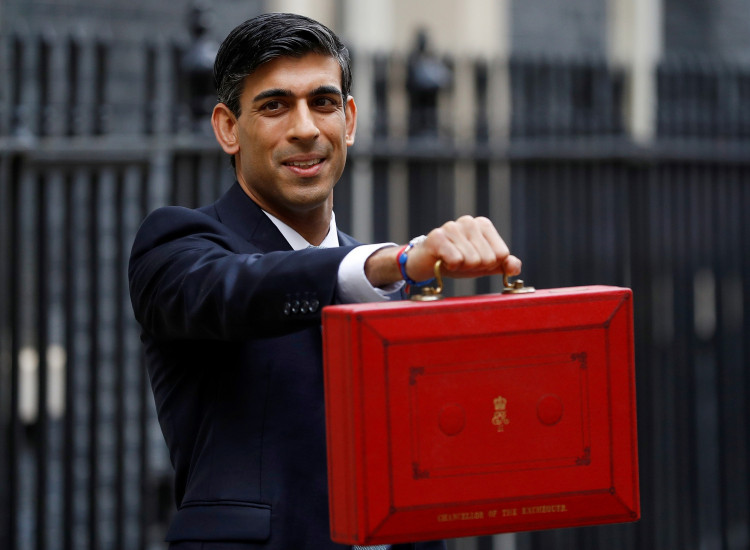British Prime Minister Rishi Sunak has announced a national election to be held on July 4, a full six months before the latest possible date under British law. Standing outside his Downing Street office, Sunak, 44, addressed the nation in the pouring rain, marking the end of months of speculation about the election date. The decision comes at a time when his Conservative Party is trailing significantly behind the opposition Labour Party in opinion polls.
Sunak's announcement sets the stage for a high-stakes election. The Conservatives, who have been in power since 2010, are widely expected to lose to Labour, which has surged in popularity under the leadership of Keir Starmer. The prime minister framed the election as a pivotal moment for Britain to choose between building on the progress made under his government or reverting to uncertainty under Labour.
"Now is the moment for Britain to choose its future and decide whether it wants to build on the progress we have made or risk going back to square one and no certainty," Sunak declared, emphasizing his government's achievements in managing the economy through challenging times. He accused Labour of lacking a concrete plan and taking the "easy way out."
Starmer, standing in front of two Union Jack flags, responded with a call for change. "On July 4, you have the choice and together we can stop the chaos, we can turn the page, we can start to rebuild Britain and change our country," he said. Starmer has successfully shifted Labour to the political center after years of leftward drift, a strategy that appears to be resonating with voters.
Despite Labour's strong lead in the polls, some party officials remain cautious, aware that a significant number of voters are still undecided. Labour needs a historic swing in votes to secure a parliamentary majority, a challenge that has not been fully addressed with candidate selections still ongoing in some constituencies.
Sunak's decision to call an early election is seen as a gamble. His government has managed to achieve some economic gains, such as falling inflation and the fastest economic growth in almost three years. However, internal party dissent and public dissatisfaction with the handling of issues like the cost of living crisis and immigration remain significant obstacles.
One of Sunak's most controversial policies has been the plan to deport illegal asylum seekers to Rwanda. Critics have denounced the scheme as inhumane and impractical, while supporters argue it is a necessary measure to control immigration. The earliest possible flights under this scheme are set for June 24, just ten days before the election, potentially impacting voter sentiment.
Within his party, reactions to the early election call have been mixed. Some Conservative lawmakers, speaking anonymously, expressed surprise and concern over the timing, given the economic uncertainties ahead. Others, however, support Sunak's decision, believing that the current economic conditions might be as good as they will get for the Conservatives.
Sunak, who has been in office for less than two years, has struggled to define his leadership. He has alternated between presenting himself as a bold reformer, an effective technocrat, and a steady hand who will "stick to the plan" to improve lives in Britain. However, his efforts have yet to significantly shift public opinion in his favor.
The upcoming election campaign is expected to be fiercely contested, with both parties already drawing battle lines over the economy and national security. The Conservatives accuse Labour of planning to increase taxes and lacking a coherent strategy for the country's future. Conversely, Labour blames the Conservatives for 14 years of economic mismanagement and political instability.
If Labour wins, it would mark a significant shift in British politics. The UK, known for its political stability, would have seen six different prime ministers in eight years, a level of turnover not witnessed since the 1830s. This potential change underscores the high stakes of the July 4 election, as the country grapples with its future direction amid widespread public discontent.




